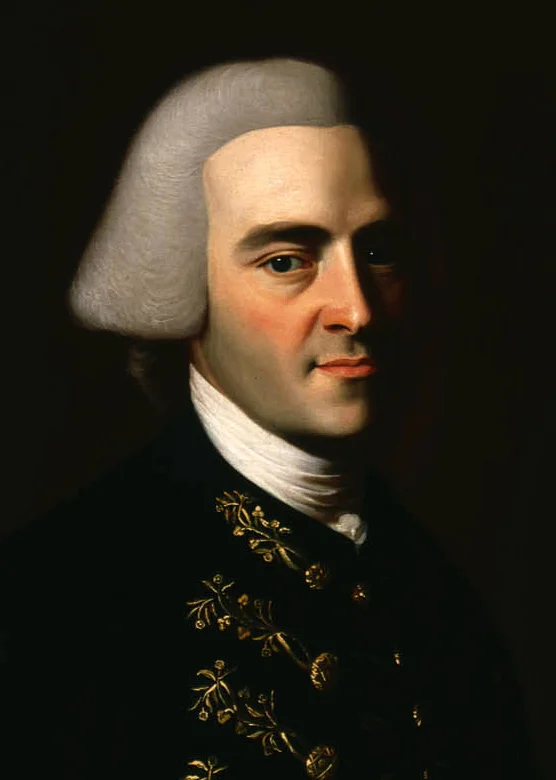The Evacuation of Boston
In honor of St. Patrick’s Day, I considered writing an article about one of the Irish Founding Fathers. But since there are so many of them, I didn’t think it would be fair to choose just one. Instead, since Boston is known for its Irish roots, I decided to write about an event in that city on March 17, 1776.
Setting Up
Boston had been under military rule by the British for eight years. The harsh laws being imposed from the Mother Country had been making life especially hard for the residents of Massachusetts.
After the Battle of Bunker Hill in June of 1775, the war had become a stalemate. As more troops piled in for both the British and Americans no notable advances were made by either army.
Henry Knox had led a team through treacherous terrain from Ticonderoga in New York to Boston over the previous few months. Their oxen hauled heavy cannon artillery to the Continental Army stationed just outside the city.
Now, it is important to note that Boston looked very different then than it does today (see map). At that time, the city was a peninsula with a very narrow connection to the mainland. Much of the water has been filled in and today Boston is more of a coastal city then peninsula.
Evacuation
George Washington had the army fire at one side of the city all night long. Meanwhile, cannons and fortifications were set up on the other side, in Dorchester Heights.
When the sun rose, the British were shocked to see how quickly they had been surrounded. The arms at Dorchester Heights could bombard both Boston and the ships in the harbor. The British decided they could not defend the city and ordered and evacuation.
On March 17, 1776, the British soldiers boarded the ships and left Boston for good.
The Evacuation of Boston was complete.
This was a gigantic victory for Washington and the Continental Army. The people of Boston had been freed from military rule.
The war, however, had only just begun.
Here are a few books I really like about the Siege of Boston:








